
CLICK IMAGE TO PLAY VIDEO
TRANSCRIPT FROM THE VIDEO:
This video was requested by one of our Patrons. If you want to help decide topics on the channel, there is a link in the video description where you can join the Community.
Ever since I was a little child, I’ve experienced what’s called “night terrors.” I’d often wake up screaming, soaked in sweat, and extremely disoriented. According to the American Academy of Sleep Medicine, only about 6.5% of kids and 2.2% of adults have night terrors – however – for those of us with a mood disorder like Bipolar, it’s quite a bit more common.
A good place to start will be the differences between a nightmare and a night terror. It’s like comparing a sneeze to an asthma attack. The first main difference is that nightmares occur during REM sleep – usually later at night or early in the morning when the brain reaches that state. Night terrors, on the other hand, typically happen earlier – during the deepest non-REM sleep.
The second difference is the ability to recall the dream. Someone having a nightmare will wake up with a rather clear memory of the bad dream. Someone having a night terror might not even remember that it happened in the morning. I personally have this tiny window of about a minute when I wake up where can remember pieces of the dream. If my partner asks me what the dream was about, it’s just gone. This used to drive me nuts until I realized it was a normal part of night terrors.
The third difference has to do with age demographic… Anyone can have night terrors, but they are way more common in kids between the ages of four to eight. Most of the time they will stop on their own as the child gets older. Nightmares on the other had can affect any age indiscriminately.
The last difference I’ll cover has to do with awareness. When I was a kid, I’d wake up from a night terror screaming and not even be aware that my mom was there trying to comfort me. I could have my eyes wide open, but not remember anything about it in the morning. With a nightmare, I’m a lot more aware of what’s going on… I might consciously seek out one of my parents to comfort my fears.
So now that we’ve established what night terrors basically are, let’s get into the signs and symptoms. Night terrors typically happen in the first third or half of the night. They rarely happen during naps. A common symptom is screaming or shouting in your sleep. I’d wake my parents up thinking someone was attacking me. When they’d get to my room I’d be sitting up in bed and look like I saw a ghost. Sometimes I’d just stare off into the distance and not even know they were there. Night terrors can cause you to sweat profusely, breath heavily, increase your heart rate, and dilate pupils. It’s almost like a massive subconscious fight or flight response. Talk about a really shitty way to wake up. Another symptom is kicking or thrashing around in bed. I could never sleep next to my siblings because of this. There was one incident where I accidentally punched my ex Wife in the back while I was sleeping. I awoke to her yelling some justifiable choice phrases. I still feel bad about that even though she’s my ex lol. When I was younger, my parents had a hard time waking me from a night terror. I’d wake up really confused and it was nearly impossible to comfort me. This made my parents feel really helpless sometimes. I’d eventually fall back asleep and not remember any of it in the morning. For some people who have night terrors, they will actually get out of bed and run around the house. If anyone tries to intervene, they might be met with aggressive behavior. Like I mentioned earlier, people can even sleepwalk during a night terror. I never experienced sleepwalking to my knowledge, but it’s not that uncommon with night terrors.
Something I have to be careful of is trying new medications. Some of them can majorly exacerbate my night terrors as a side effect. Sleeping in a new environment away from home can also do this. When my body is out of balance, it’s reflected in my dreams. If I’m sick with the flu, I almost always have night terrors. It sucks to have them on top of being sick. I’ve also found that I get them a lot when I’m overtired or extremely stressed out.
We’re starting to get a good picture of what night terrors are now. So when it is time to do something about them? If you or a loved one is having night terrors, it’s worth at least mentioning the next time you see your doctor. Now if they start becoming more frequent or routinely disrupting the persons sleep (or others in the house), it’s time to get in with a doctor sooner. Those of us with Bipolar Disorder need to take this extra seriously. Sleep is right up there with water and air when it comes to our well-being. Lack of QUALITY sleep can wreck havoc on our symptoms – in much more devastating ways than the average person. When I wake up from a night terror, I’m usually exhausted. Sometimes this can carry through the entire day. If night terrors are impacting your overall quality of life, it’s important to do something about it.
Speaking of doing something, there are several things you can do to help prevent night terrors. Alcohol is like “bad dream fuel.” You should NOT be drinking if you have Bipolar Disorder, but if you are, reducing your alcohol content can help prevent night terrors. Avoid caffeine later in the day, or eating a giant meal right before bedtime. Both of those can impact your quality of sleep. Cultivating a very habitual sleep routine is also very important. Go to bed at the same time every night – even if you have to lay there until you fall alseep. Avoid using electronic devices or any other stimulating activity. Watching Forensic Files or the news probably isn’t going to cultivate a peaceful mind. Make sure the room is totally dark. I know a lot of this stuff is common sense, but are you actually doing it? (smile)
Stress can be a huge contributing factor to night terrors. I put on peaceful music, I’ve got an aroma therapy diffuser going, and my room is pitch black dark. Yes, I still have night terrors, but it’s a lot less frequent than it was – especially since I also quit drinking.
I’ve talked to a few doctors over the years about my night terrors and there doesn’t appear to be very many treatment options out there. I did however have a doctor recommend a mild blood pressure medication called Tenex. For me personally, I feel it makes a big difference, but I don’t have enough data to recommend this to others. I just enjoy when doctors think outside the box.
I know it sounds a little counter-intuitive, but If your loved one is having a night terror, it’s best to not wake them. They either won’t wake up right away, or if they do, they’ll be dazed and confused. This makes it harder for them to fall back asleep and it also risk your own safety if they are thrashing around in bed. They may wake up agitated and literally swinging. If this happens, try to keep in mind that it’s not the person’s fault. We need loving kindness when we wake up more than anything.
If the night terrors are happening at the exact same time every night, you can set an alarm or wake the person up 15-30 minutes BEFORE they typically start. This might be enough to do a “sleep reset” and prevent night terrors once they fall back asleep. It’s not ideal to wake up in the middle of the night by alarm clock, but it’s a lot less exhausting in the scheme of things than regular night terrors.
For those of us who have Bipolar Disorder, our dreams can majorly be impacted by a Bipolar episode. My dreams are drastically different when I’m depressed compared to when I’m manic. I talk a lot about finding ways to gauge your mood. If you notice that the dreams are coming in cycles like the Bipolar symptoms, you can use it as a way to tell if you are symptomatic.
Night terrors, especially in adults, could signify a deeper issue like anxiety disorders, or underlying mental illness. If you or someone you care about is being tormented regularly by horrific dreams, it’s worth getting it checked out by a doctor.
Now that I’ve covered quite a bit about night terrors, I’d love to hear a little about YOUR experience with them. Jump in the comments and share your story. Let us know if you’ve found something that provides you with some relief. The core of my channel is solution-based information. I sure as heck don’t know everything about this stuff and I learn so much by listening to my viewers.
Thank you so much for spending this time with me. I’ll be back soon with more Polar Warrior videos!
“I’d often wake up screaming, soaked in sweat, and extremely disoriented.”
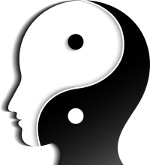 WELCOME TO POLAR WARRIORS: If this is your first time visiting my website or channel, welcome to “the Polar Warrior experience!” My channel is completely dedicated to helping individuals, families, and friends who struggle with, or know someone living with Bipolar Disorder. My goal is to provide actual Bipolar tools and to discuss topics which can potentially help “Polar Warriors” grow to live a more balanced, peaceful, and fulfilling life.
WELCOME TO POLAR WARRIORS: If this is your first time visiting my website or channel, welcome to “the Polar Warrior experience!” My channel is completely dedicated to helping individuals, families, and friends who struggle with, or know someone living with Bipolar Disorder. My goal is to provide actual Bipolar tools and to discuss topics which can potentially help “Polar Warriors” grow to live a more balanced, peaceful, and fulfilling life.
Want MORE From Polar Warriors…

“We couldn’t do this without the support of those who believe in what we’re doing. Please help Polar Warriors reach more people by sharing about us on Social Media or by donating. Together we can save lives.”


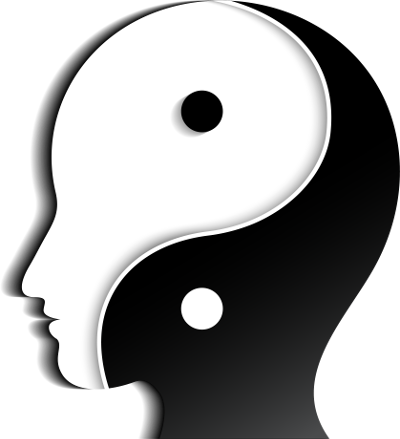


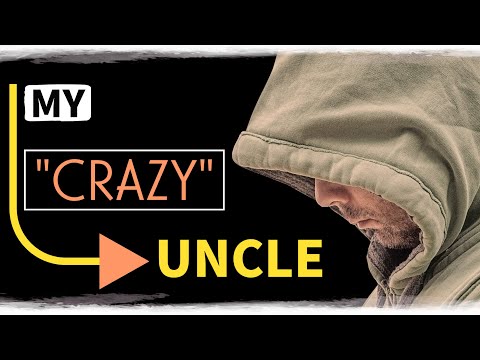

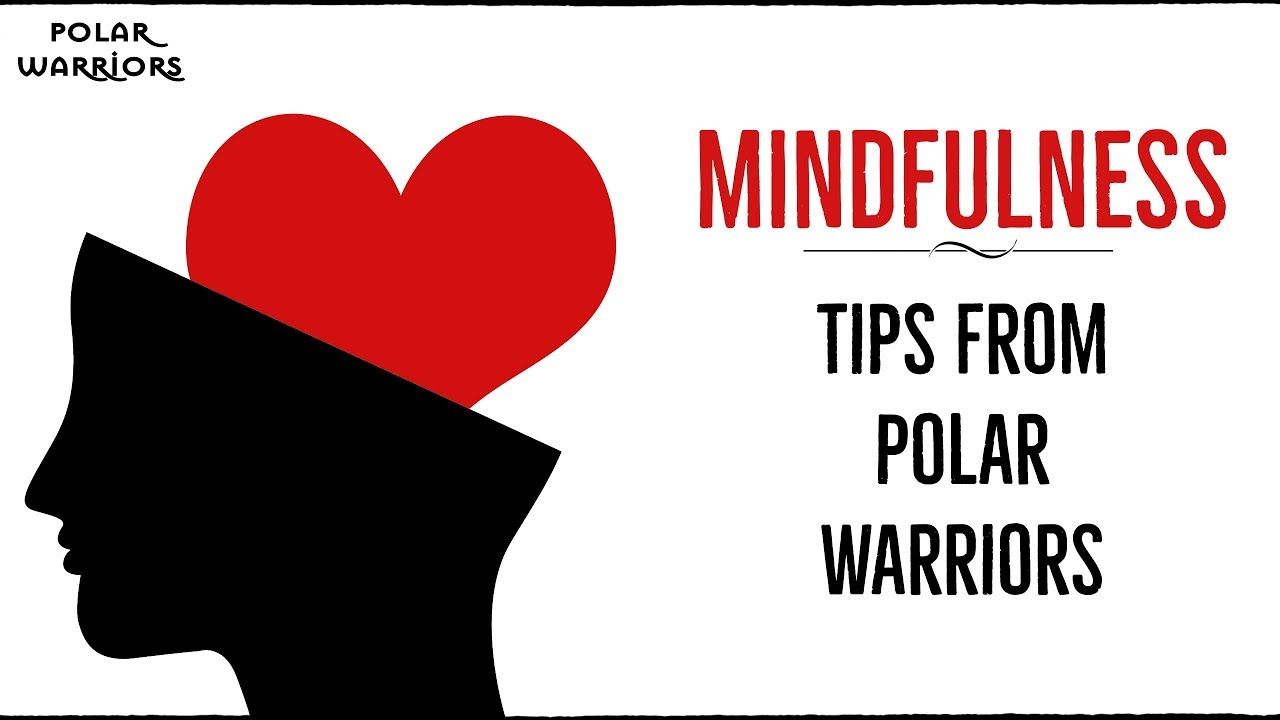

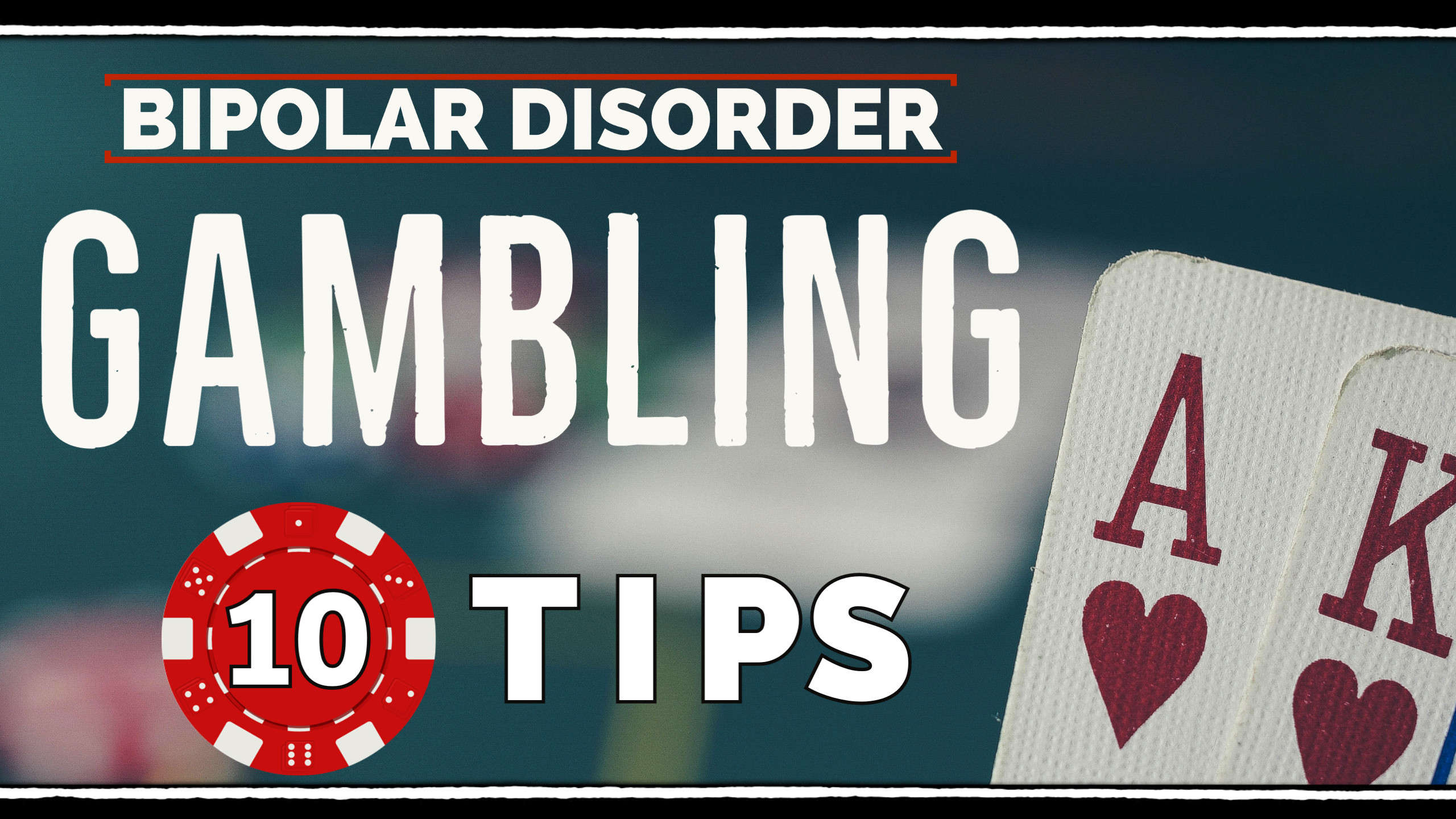

Good day Polar Warriors team. I would like to suggest a new topic in regards to bipolar disorder: ”Aging with bipolar” what happens when we age (I’m 54 years old with bipolar type II): will the episodes happen less frequently, will we need more or less medecine … Thank you for all your wonderful videos, they are so helpful and they give us hope, one day at a time !!!!!!!!!! 🙂